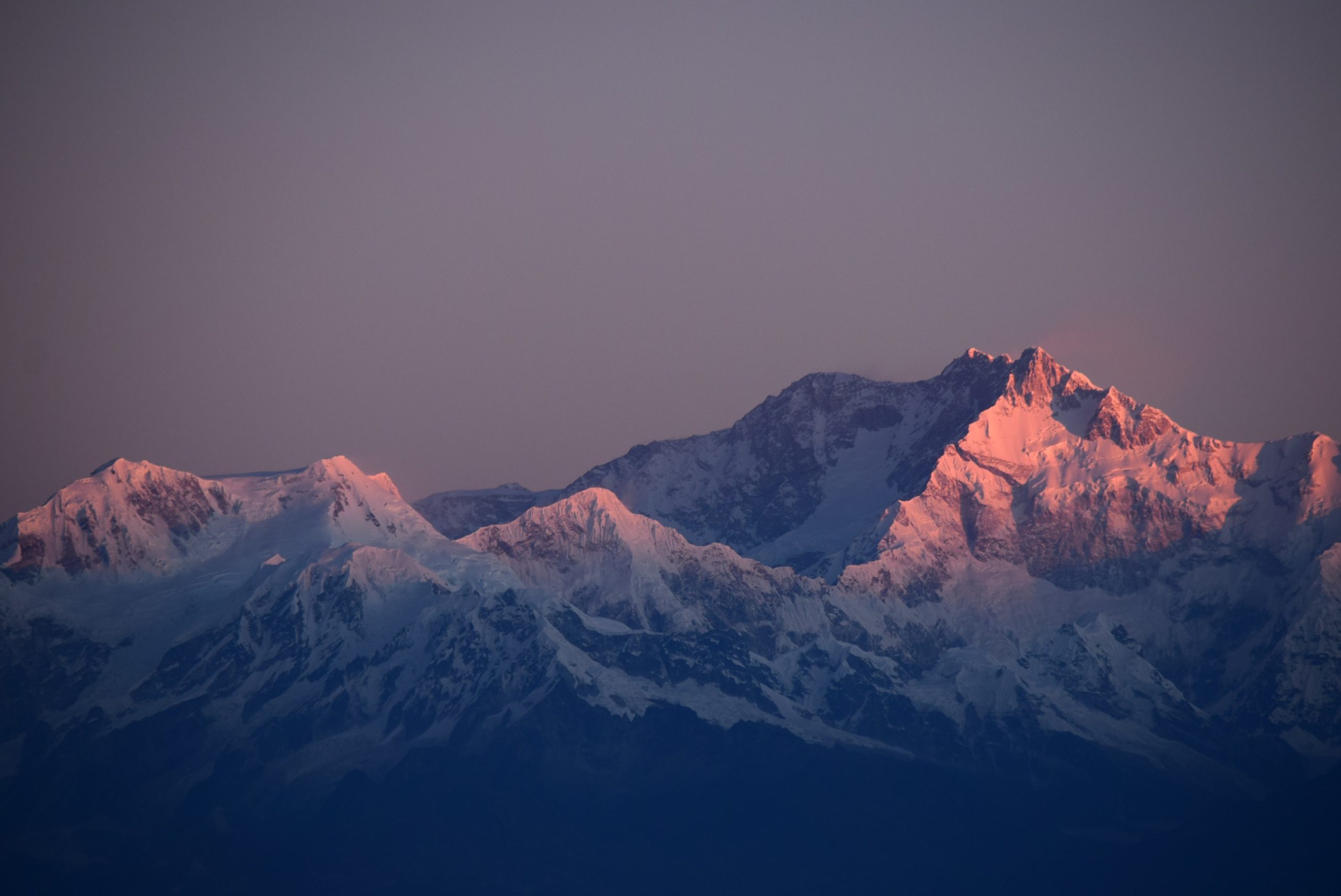I’ve been waiting needlessly for somebody to describe their story. I can’t appropriately thank Polish climbers and their families for help and support during that long and interesting period. Their enthusiasm and generosity positively surprised me. Thanks to their letters, written reports, photographs, libraries and countless hours of time spend by the kitchen table, talking, talking and talking, phone calls and emails… thanks to all that, my book could happen.
Zofia Kajca: How does the process of gathering information look like in your case?
How do you approach your personas?
Bernadette McDonald: If it’s a biography; first thing I do, is trying to get a good handle on what they’ve actually done. Usually I know that already, because that is why I’m writing about them. I look for anything that has been written about them or anything that they have written themselves, because that’s usually quite revealing. I definitely need to get to know them pretty well. It means days and days and days of talks. You could say interviewing, but it’s more conversation. Not just about themselves but also politics, religion, society, etc.
ZK: Do you try to participate in your character’s’ daily life?
BM: Yeah, yeah! Absolutely! It doesn’t always work out, but when possible, it’s nice to spend time together eating meals, climbing, hiking in the mountains. Just doing normal things. Spending time on ordinary stuff is a great source of information.
ZK: I’ve read your book “Freedom climbers” telling the story of our Polish Himalayan climbers. I have really appreciated how deep you’re trying to dig into our history and political situation of PRL times. You’ve covered possibly most factors that could have an impact on our climbers careers. What you don’t include in your books? What elements you’re avoiding?
BM: One thing I try not to include is personal stuff that doesn’t necessarily contribute to the development of the character. So, let’s say- gratuitous love affairs. There’re lots of them and it seems to me that in most cases it doesn’t actually contribute to the development of the character and it would be terribly hurtful for them. People have actually asked me about that: so, if such things are quite famous for this, how come you don’t write about that? Well, that’s one thing I kind of stay clear on.
ZK: Do you perceive it as too intimate?
BM: Actually not so much intimate as gratuitous. It would be unnecessarily kind of gossipy and it would be almost like you’re putting all that stuff only to sell more books. I just don’t wanna do it.
ZK: Climbers like Wanda or Wojtek Kurtyka, according to you and others that had known them, were very complex and sometimes difficult to get on with. Do you feel that you understand your characters?
BM: I didn’t with Wanda, to be honest. I only spent one evening with her. We were corresponding a bit after that. I think I knew her at quite a superficial level. I was absolutely enchanted with her and I continue to admire her greatly, but I don’t think I actually knew the complexity of the character. I wish I would have. In the other cases… I do the best that I can. I go as deep as I can because that’s the whole point. Writing a biography is trying to understand the character. I can go as deep as the character allows me to. And at some point everybody has a limit. They’re only going to open up to a certain level. And if I am a good listener, it often happens that they open up quite a bit, because everybody likes to talk about themselves, right? But the question of how deep and how intimate it goes…ultimately it’s up to the character.
ZK: What do you find the most satisfying in your job?
BM: Definitely, the people that I’m writing about are pretty exceptional. So, honestly, it’s a thrill to be with the people, to get to know them extremely well when you already have a certain amount of admiration for them. It’s privilege, I would say… But, I actually really enjoy the writing process. And not just the finished product. I enjoy the rewriting, which I know almost all writers don’t like to do. I actually love that. When you do a first draft and then you leave it for a bit and you come back and then you start to do all the revisions. Because every time you do that, it gets tighter, and tighter, and shorter usually. I like that process.
ZK: Bernadette, you’re writing about climbers that are constantly being asked questions: why the hell do they go to 8000 meters peaks, risking their lives, sacrificing their families… do you know the answer? What is the trigger, what is the reason?
BM: I couldn’t say that I know the answer because it’s different for everybody. Someone like Wojtek goes for absolutely internal reasons. He approaches the whole activity from such an aesthetic perspective.
ZK: Inner aesthetic?
BM: Yes. Exactly! The beauty of the line, the purest kind of philosophy. Other people go for reasons that are more physical, because they love to challenge themselves physically. I think other people go because it boosts their ego. So it’s really individual. I wouldn’t handle to answer it.
ZK: All right. Maybe an easier, technical question. If you were about to give a clue for the authors-to-be, what would it be? What’s most important while the whole process of writing a biography?
BM: Sort of the first clue would be to prepare well. To do as much research as you possibly can before you ever sit down with the character. Also, to give that sort of dead space. To let them say more. But I think maybe the most important clue is to listen. Really listen. I think that a lot of the people are used to having people listen to them. When someone is actually, REALLY listening, amazing stuff comes out!
ZK: So… let’s leave a dead space here for everybody to fill it on their own. Bernadette, thank you very much for the conversation.
BM: My pleasure.

